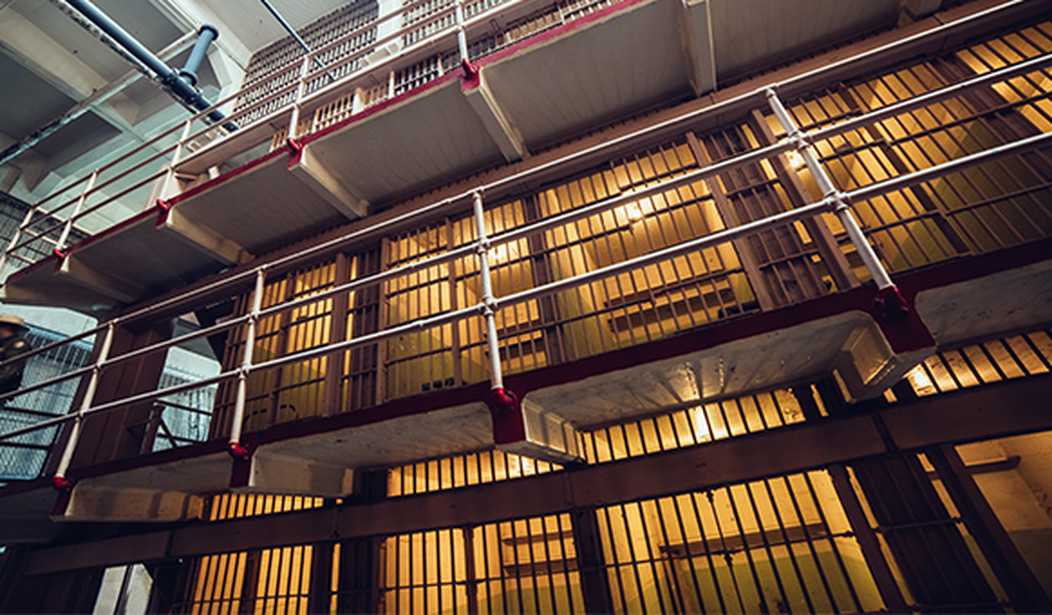One thing I’ve never really been comfortable with was the way we deal with criminals. Don’t get me wrong; I’m fine with locking them up. I’m even fine with severe penalties for many crimes.
What bothers me is that when someone has done their time, we say they’ve paid their debt to society, only, they haven’t. We continue to hold their past against them.
Now, there’s a push for a bill that will offer these folks a clean slate.
Imagine committing a minor, non-violent crime as a teenager. You pay your debt to society in full and go on to live a law-abiding life. That is, until you lose out on an apartment, get rejected by an employer, or fail to get admitted to a college. These are the consequences of having a criminal conviction: no matter how minor or how much time has passed, you are branded for life.
That is the case in Florida. Last year, the Florida legislature approved Senate Bill 274, which would have provided limited opportunities to expunge (i.e., seal) a criminal record. Expungement would be permitted if the offender committed a non-violent, low-level crime while a juvenile, so long as he/she completes all the requirements mandated by the sentencing court. Unfortunately, the bill was vetoed at the last minute by Governor DeSantis because of some technical concerns about the legislative language.
Now, this would be good for those who made one screw up but have otherwise lived clean since then.
It’ll also have an impact on crime.
Moreover, these restrictions can actually encourage further criminal activity. If we prevent people with minor records from landing meaningful work or a safe place to stay, why are we surprised when they turn to the underground economy to earn a living?
As troubling as this is, the opposite also holds true. When ex-offenders are able to enter the workforce, they are significantly more likely to gain stable housing, support themselves and their families, and build meaningful relationships within their communities. Indeed, those whose criminal records are expunged consistently experience “a sharp upturn in their wage and employment trajectories,” thereby reducing the chances they will reoffend.
I’ll admit, this won’t apply to everyone. Some will do everything they’re supposed to do, get their records expunged, then commit additional crimes. That’s an unfortunate fact.
However, I believe most who will try to live clean will take advantage of this clean slate and keep their noses clean as well. After all, it’s always better to live within the law than outside of it.
Clean slate laws like this are great for your first-time offender, but it should be remembered that it does nothing for the career criminal. There’s simply no way for them to try to take advantage of this kind of thing.
What it does is allow those who are arrested and convicted for the first time an opportunity to find a way out. It doesn’t lock them into a cycle where they don’t really feel they have any choice but to continue on a life of crime. It gives them options.
And a lot of people will take that out.
No, not everyone, but you can’t help anyone who isn’t interested in helping themselves. Clean slate laws, though, offer a hand to those willing to do the work, and it gives them an incentive not to screw up again. If they’re not breaking the law, they’re doing something else, and everyone benefits from that ultimately.







Join the conversation as a VIP Member